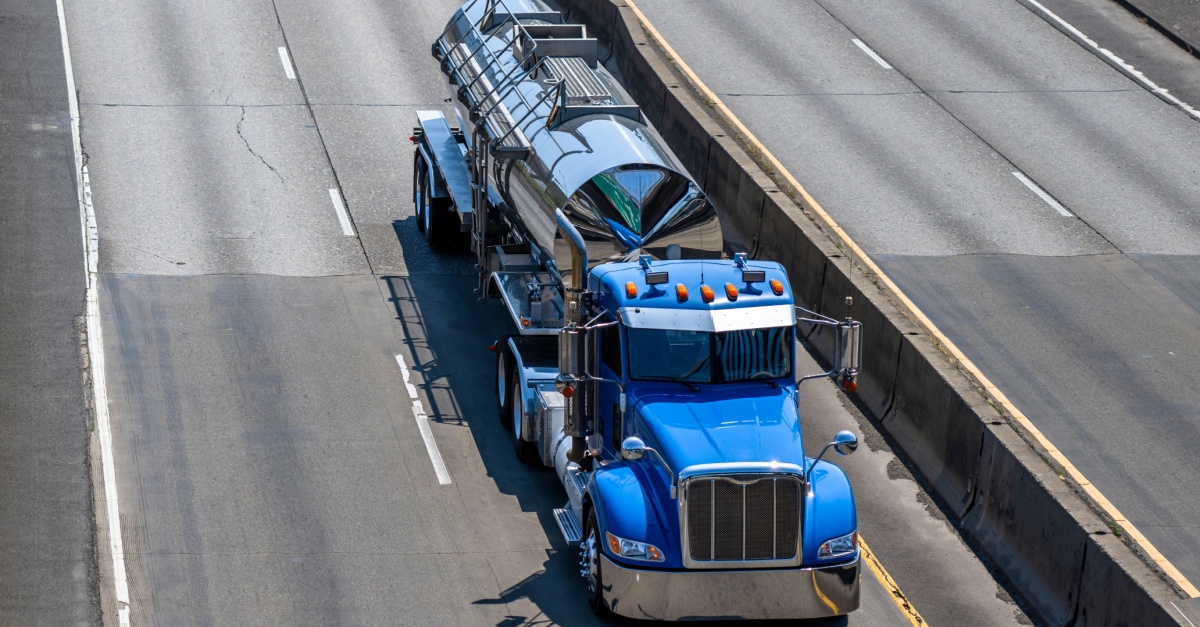E-commerce shipping is no longer a thing of the future. Today retailers have e-commerce transportation management technology that makes room for ahead-of-market innovation, unique supply chain insight, flexible and scalable capacity, and end-to-end visibility. As a result, E-commerce shipment is growing so rapidly that Grand View Research stated, “The global e-commerce fulfillment services market size was valued at USD 86,449.97 million in 2021 and is expected to grow at a compound annual growth rate (CAGR) of 9.5% from 2022 to 2030.” As shippers face the challenges of e-commerce shipping, they must learn how technology can improve the process.
The Challenges of E-Commerce Shipping
All operations come with challenges, and e-commerce shipping is no different. From when a consumer places an order, to the delivery time at the designated location, there is room for many faults that can be an e-commerce shipping provider’s nightmare. Therefore, it is essential to be aware of the many challenges of transportation, probing at the smooth flow of the shipping process.
- Tracking Online Orders - A department’s lack of provided data can throw the whole tracking system off and provide inaccurate delivery information, making it difficult for retail owners to track operation timelines and costs.
- Shipping Errors - E-commerce shipment errors often fall to the manual operators, where one incorrect letter or number on an invoice can significantly delay delivery.
- Customers Placing Late Delivery Blame on Retailers- When discussing how to fix failed deliveries, Chain Store Age reported on a survey finding that 41% of consumers’ responses blame the retailer, regardless of the delay’s cause.
- Controlling Shipping Costs- It’s vital for retailers to partner with carriers who will help them choose the correct mode of delivery, where additional charges and unnecessary extra freight space can add to the e-commerce shipping cost.
- Warehousing- Without adequate human resources or up-to-date technology for inventory accuracy, repetitive actions or picking optimization can cost unnecessary time, causing delayed shipments.
- Scaling E-commerce Logistics- Retailers must be ready and capable of handling conversion rates, consumer expectations, customer support, and growth when accommodating today’s e-commerce demands.
- Managing E-commerce Returns- Retailers struggle without reverse logistics when they are not knowledgeable in sales tax liability, experienced in inventory management capability, or have access to state-of-the-art data analytics.
7 Technology Solutions in E-Commerce Shipping
As technology inched into a reluctant supply chain industry worldwide, e-commerce shipping shined as a practical example of the tech-enabled transportation and logistics sector. By utilizing contemporary technologies from front to back of every department, shippers accessed cost-saving benefits with a premium experience, and consumers’ expectations of e-commerce shipment success grew.
- Absolute Transparency Into Every Shipment - Freight shipping solutions can provide end-to-end visibility to help achieve on-time and in-full deliveries that maximize customer satisfaction.
- Complete Visibility Into Costs - By tracking end-to-end shipments in real-time, retailers can track costs in real-time, endowing optimal opportunities to address contingencies of potential risk or unnecessary expenses that can transpire during the logistics process.
- Help With Managing Returns, Including RMA and Label Generation - With accurate inventory and data available via the cloud, a dedicated team can better manage reverse logistics anytime, anywhere.
- International-ready Solutions with Compliance-focused Management - Today’s virtual management tech simplifies managing all cross-border required e-commerce shipping documentation, such as the USMCA certificate.
- Assistance with Temporary Storage of Goods Awaiting Transit - Shippers that deal with produce to electronics understand the time-sensitivity of acquiring a warehouse and distribution management provider with temperature-sensitive items.
- Digital Document Management for POD, Reducing Risk Along the Way - By integrating a digital document management system into a TMS, shippers, drivers, and customers can maintain accurate data every step.
- Outsourced Services Providers that Serve Both an Advisory and Transportation Role - Retailers can hire high-performance dedicated transportation management to assist with transportation logistics, regardless of the proximity to their operation headquarters.
Get on Track With World-Class E-Commerce Logistics Management by Wicker Park Logistics
Experienced retailers have endured many e-commerce shipping challenges and know there will be more in the future as the industry evolves. Wicker Park Logistics has the technology solutions to address anything the transportation outlook for 2022 has to offer. See how easy it is to meet all your logistics needs by contacting Wicker Park Logistics today.















